ELENA KAROUMPI, OLIVE
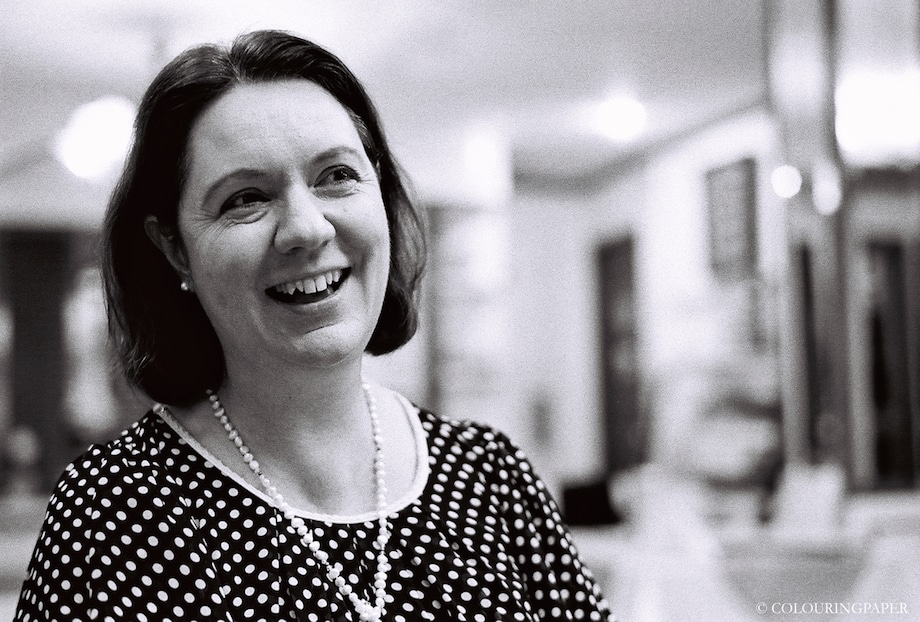
“I started Olive 13 years ago because of my love for my country. I really wanted to create a Greek corner, bring Greece to the Thai people because there was nothing like that. There is no school; there is no church; there is not much to support the Greek community so I raise awareness through my food. I used to work in event planning and hospitality industry so for me going into the restaurant business was a sort of next step. I met my business partner, Khun Sirilak, when I was working for The Economist and she was at PWC. She was one of the few Thais that knew Greece, because that’s where she had spent her honeymoon. Eventually we both decided to do something on our own and that’s how we launched Olive. We started with a take-away counter made out of 7 seats, with both of us dedicated full-time from the beginning. I was always the face of Olive, I would sit behind the counter, talk to people and explain about the food. She would do the business administration. And we have continued in these roles for 13 years.”
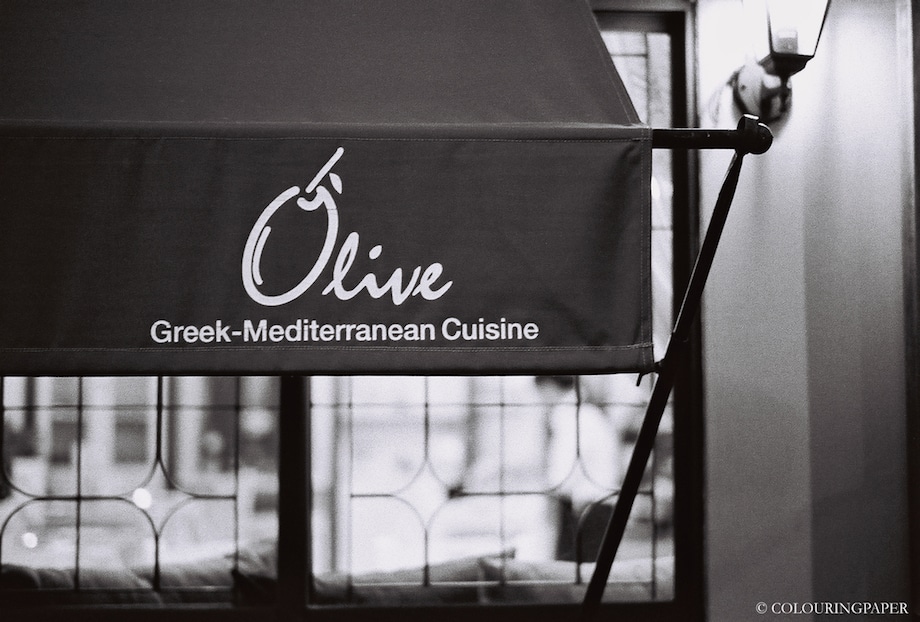
“The 7-seater eventually expanded from 24 sqm to 42 sqm to 100 sqm as we acquired the space next to us. We set our production base at the All Seasons Place shopping complex and opened several branches. The thing is that it’s hard to control that many operations. When I realized that I didn’t have the quality control I needed and not enough truly committed staff, I changed the strategy and re-focused. We decided to maintain one main restaurant and move the production kitchen to Ekamai. We kept the MBK branch because it gets a lot of traffic and has been a great investment. So now all the food is produced out of one center, which is a good way to control quality. In the last couple of years we have expanded into retail and put our products in various supermarkets – Villa, Tops, Gourmet market. We sell dips, pita bread, and salads. We also sell at Bangkok’s farmers market, do home food delivery through FoodPanda, and cater for private and corporate events. On top of it, we have a wholesale segment and provide our dips to hotels and restaurants.”
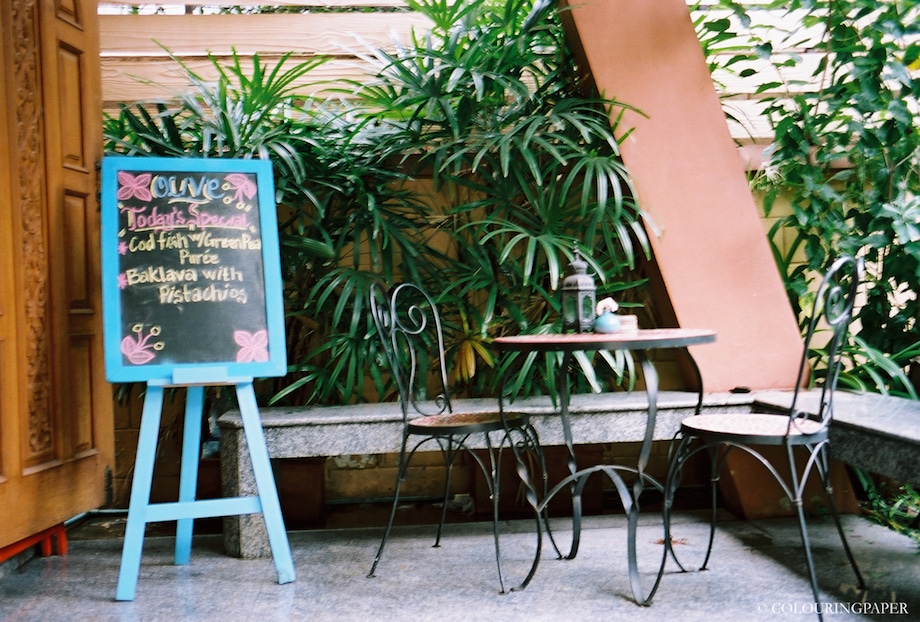

“The biggest challenge for us was human resources because of the differences in the way we work. I had to learn the language and overcome a lot of cultural differences. I am loud and speak loudly so my staff would hear me speak on the phone and think that I was angry and arguing with someone. They had to get used to me just as I had to get used to them. Sometimes we would promote people and they would leave the next day because they were scared of the added responsibilities. And because Thais are non-confrontational, you often don’t know what’s going on so over the years I learned to become a sort of wizard and sense whenever something is wrong and someone is unhappy, to sort of prevent the problem before it materializes. We have a multicultural staff – Thais, Burmese, and Filipinos – and all my cooks are Thai. A few of my staff have been with me for 6-7 years and one since the beginning. We are a family, we are all team members and if you come as an outsider you need to understand and respect this. I tried to get Greek staff to work with me but they all failed and the main reason was not communicating in the right way to survive in this environment.”
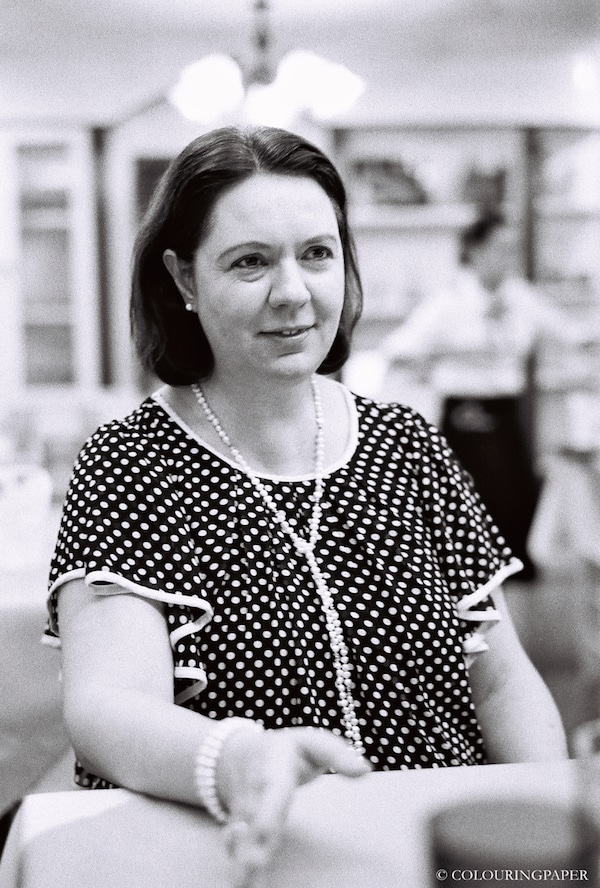
“One of the most important things is to be adaptable and adjust to your environment. Be flexible with your staff and with your clients to be able to meet their needs. I have always been a person that could adapt to different environments, which has been very helpful. But I have also acquired more patience and I believe I have become a better person through this experience. I am tough, which you need to be in business to negotiate with your suppliers. You also need to be firm with your staff when they are not doing what you asked them to do but being careful not to disrespect or offend them. So not too tough that they can’t take it but not too soft that they take advantage of you. There is a fine line and I think I have managed to find that along the years and gained the respect of my staff.”
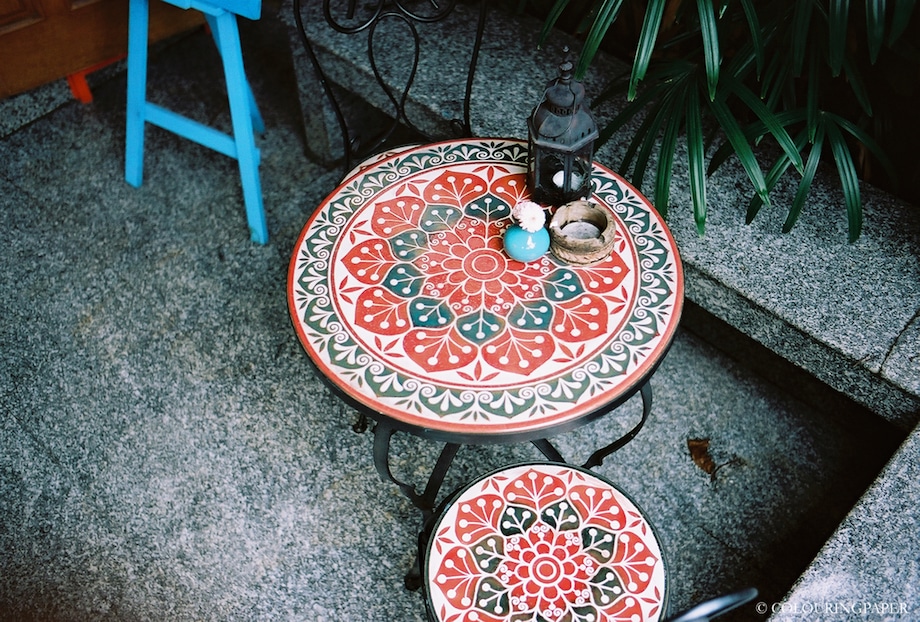
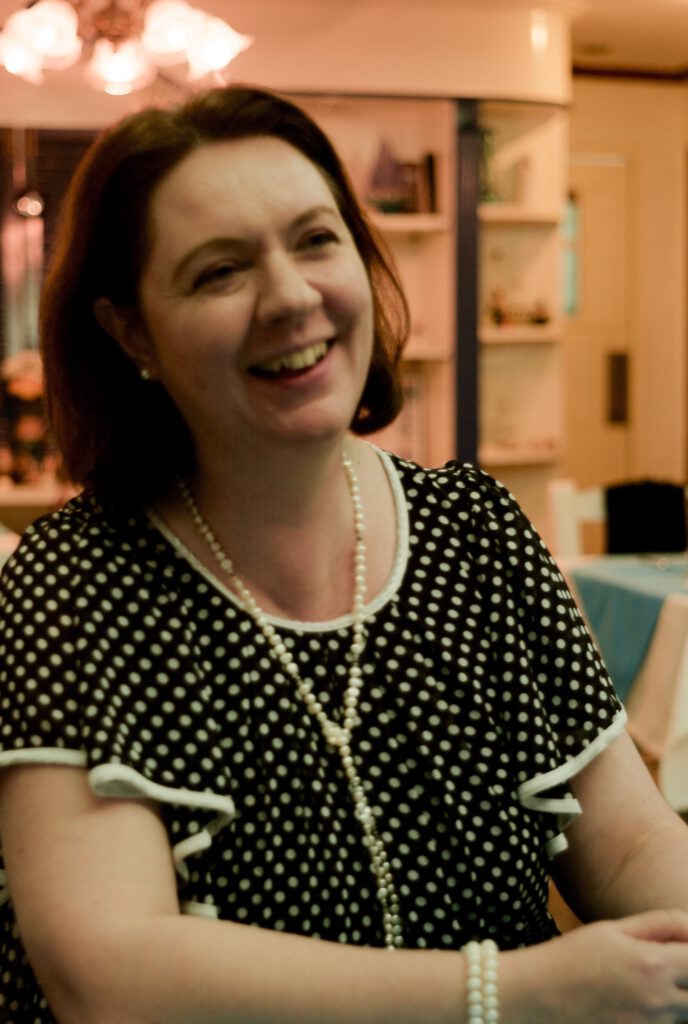
“I always had a big vision – to expand beyond Bangkok and beyond Thailand. I have always wanted to make it big but the lack of stability and the financial and political situation in Thailand has been very challenging and hasn’t allowed us to grow as big as I would have wanted. When the redshirts were occupying the Chitlom area, we didn’t know if our staff could reach the restaurant. The MBK branch is always a great indicator for us because that’s where all the tourists typically go. In the last 2 years our performance at MBK is down by 30-35%. But I am Greek and I don’t give up, we are survivors. To expand beyond Bangkok, we would need to find the right party that believes in us, in this type of food, and can take the cuisine somewhere else. Commitment is crucial. The restaurant business is 24×7, 365 days a year. You cannot say, ‘I am opening a restaurant and I am going to let my staff take care of it’ because then you are going to fail right away. You need to be there and run it. You need a team but you have to monitor them. It’s a business that requires long-term commitment and you can’t expect immediate results.”
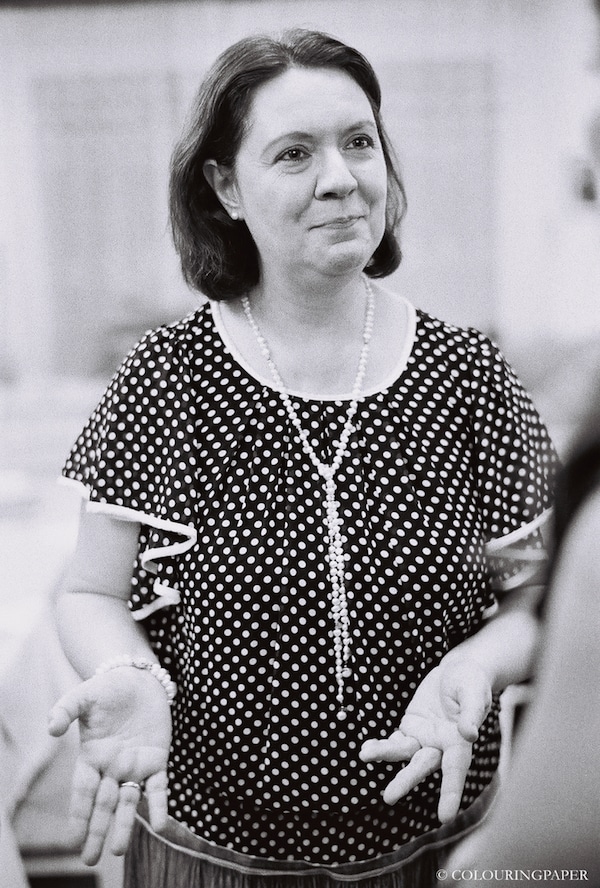
“Even though there are many strong businesses led by women in Thailand, I find it quite a macho environment and particularly so when we started, 13 years ago. In negotiating with suppliers, they would always try to undermine me thinking that I would give up. And dealing with contractors becomes particularly hard as they always try to push deadlines and cut corners. I have also experienced more issues with male employees. Every time we hire a male senior cook, they would rather leave rather than take orders from a female employee. This ego issue has come up a lot. As a woman, I can be tough with my female staff when I need to and they will listen to me. But that hasn’t always been the case with male staff. Once I had a cook that worked here for 3-4 years and after he learned how to make all the dishes, started getting very demanding and developing an attitude. I don’t want to set up a bad precedent so I can’t accept this kind of behavior. You need to learn how to be a team player and work with everyone. I learned to work with all kinds of people, to be humble and to grow through the quality of my work.”
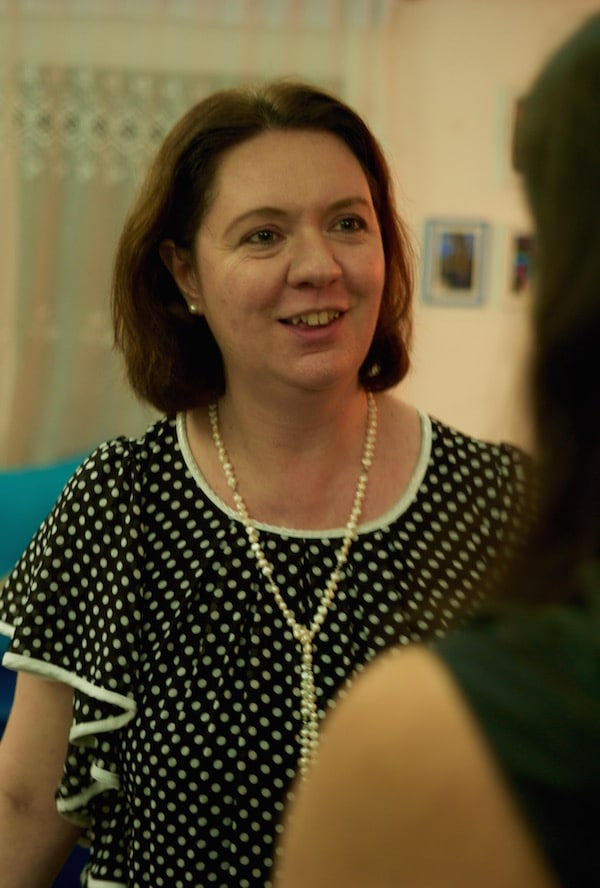
“Be professional, serious, and as committed as you can because otherwise people won’t take you seriously. Learn to be flexible and adjust. Do your homework well before you go into anything and if you feel you can do it, then do it. Things might not work as you planned it originally but maybe you can do something else or go into a different direction and still keep your original concept or might need to diversify a bit like we did. You must be in it for the long run; you cannot think short-term and expect results to come in quickly because they very rarely do so. And don’t do anything you are not passionate about.”
Company: Olive
Location: Bangkok
Founded: 2002
No of Employees: 16
Woman-owned & led


